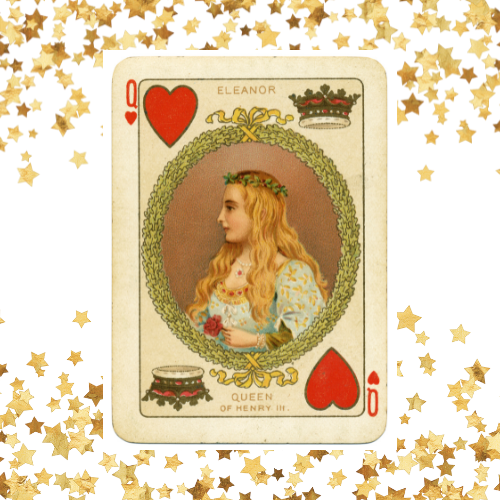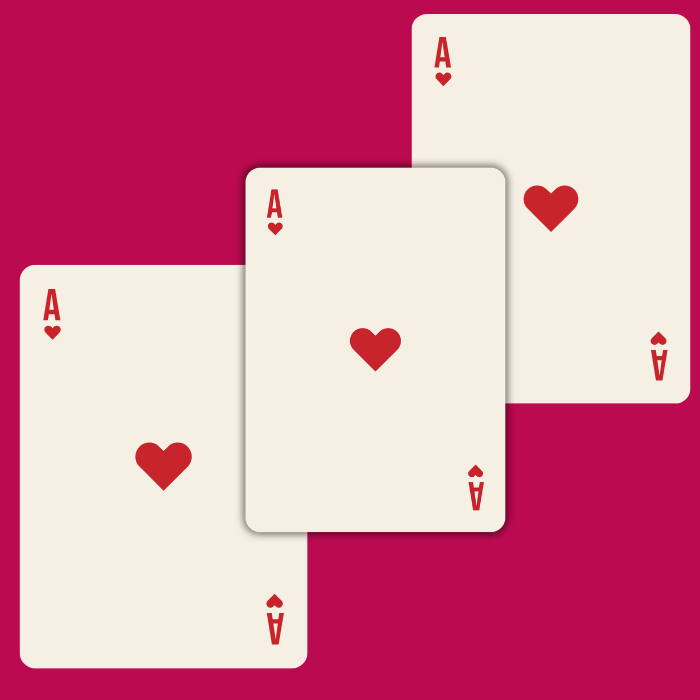The modern rulers in astrology are Uranus, Neptune, and Pluto. They are often not used, and dismissed because they are generational planets. The traditional argument by astrologers is that, for example, every person with a Scorpio Ascendant would have Pluto rulership in the same house (depending on which house system you use), thus largely washing over an entire generation's individuality. A good solution to this is to use the concept of co-rulers, let me explain.
Think about it this way, the traditional ruler aligns with the energy of the sign in some way. The same goes for the modern ruler, but in a much different way. For example, Pluto aligns with the destructive and defensive aspects of Scorpio more than we think Mars does. Neptune aligns more closely with Pisces’s dreaminess than when we think of Jupiter. The expression or energy of the sign aligns with the values that we have assigned or observed in that planet. This is the case for both the traditional and modern rulers.
Let’s take a Scorpio Ascendant for example. Scorpio is ruled by both Mars and Pluto. I find that people with Scorpio Ascendants share a few characteristics, one of which is the need to be physically active or needing to move. It doesn’t need to be strenuous exercise, as this component is largely characterized or “flavored” by the Mars’ sign. I have this placement, and am constantly dancing, as my Mars is in Pisces and associated with the feet. Scorpio Ascendants can also be down to be defensive, something not really associated with Mars, but with Pluto. However, this defensiveness is also associated with the Scorpion or water signs in general - that is, using defensive gestures as an offensive measure. This is something both rulers, Mars and Pluto carry out. Granted, they do it in different ways, but this is likely because of the sign that each planet inhabits. Something to be shared for the two rulers though, is that they are both motivators and catalysts for change.
Saturn and Uranus are both rulers of Aquarius. Out of all the modern rulers, I’d say that they are the ones that we have the most debate over, or one that we assign to a modern ruler more than it’s traditional ruler. We as astrologers, or even in popular culture, are more likely to associate Uranus with Aquarius than Saturn. We more associate Uranus with the quirky and inventive side of Aquarius than it’s traditional ruler, Saturn. But we’re forgetting one thing- new ideas and invention are needed for change. And they need to be implemented, which takes time. Something Saturn knows well. While Uranus wants change abruptly, Saturn comes through to make sure that change is actually taken to heart over the years. Saturn builds upon the initial change brought about by Uranus.
This is because of Uranus’s association with all things new, new inventions, new technology, and abrupt change. But change happens in both ways. One is abrupt, sure, and this is how we typically think of change. The other is slow. We don’t notice this type of change as much. It happens gradually. For my fellow bad eyesight people, you’ll know what I’m talking about. The changes happens so gradually that it is hard to notice until you go to the doctor. If you don’t have bad eyesight, I’d think of it like a car. You don’t realize, typically, how much a car needs maintenance until it’s time to take it into the shop. The change happens over time, even if the fix can be relatively quick. And this is the relationship between Saturn and Uranus. They work together. The change can be both slow and fast at the same time. Saturn makes plans in it’s home sign of Capricorn, and sets the stage for it. But it implements it in the sign of Aquarius. As does Uranus. They are both changemakers, even in different ways.
The rulers of Pisces, Neptune and Jupiter, share some more similarities I think, than the other two signs. Neptune and Jupiter both heighten things. Jupiter rules two zodiac signs that traditionally tie into religion. Neptune has a close association with spirituality and martyrdom. So how do they differentiate? Neptune has a closer affinity, I think, to Pisces’s dreamy or foggy side. It can make the lines blurred, so to speak. Jupiter doesn’t really do that, it just expands things. For better or for worse.
So with all the confusion and misinformation about rulers and rulerships, the question often comes up, “which ruler do I use?” to which I say, both. Now why use both rulers? Because they both have an impact.
I guess the next question is, how do I use the modern rulers? How do they differentiate from the traditional ones? How are they used in practice? I use the traditional one first- the simple reason being because their cycles are faster, and therefore easier to pin down. People with Scorpio Ascendants take on both Mars and Pluto traits, but are invariably impacted by the sign of their Mars placement. If we were to make a person with Scorpio Ascendant only defined by their Pluto placement, then that would mean that every person with a Scorpio Ascendant would be exactly the same, as Pluto spends years in a sign or house. This is not the case, as we are also affected by our Mars sign. The same goes for the other traditional and modern rulers as well.
So how do we use both in practice? The answer lies by looking at the traditional ruler first, and its’ aspects and story, and then the modern ruler for more background.
The concept about modern rulers being a “higher octave”, means that they embody the attitudes of the sign or modern ruler, but more intense. I don’t know that I subscribe to this theory, but I thought it was worth mentioning if you wanted to read more into it.
Some related articles:

Another look at rulerships.







